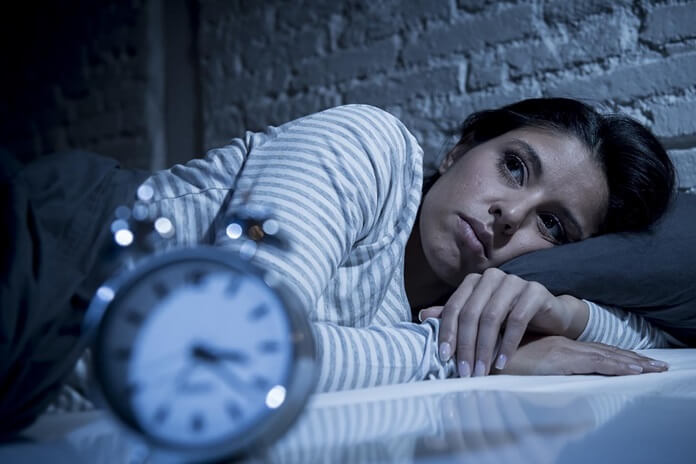A sleep disorder is a situation that disrupts the normal pattern of sleep. Sleep disorder can affect the quality, duration, and timing of sleep, leading to difficulty falling, staying, or feeling rested upon waking. Similarly, it can have various causes, including medical conditions, psychological factors, lifestyle habits, and environmental factors.
Sleep is one important aspect of human health, yet it’s often overlooked in today’s fast-paced world and become the prey of sleeping disorders.
How did people become the prey of sleeping disorders?
People often experience sleeping problems due to stress, hectic schedules, and other outside influences. If they begin to face these problems regularly and interfere with daily life, they may indicate a sleeping disorder.
There are several types of sleeping disorders and may have a difficult time falling asleep and may feel extremely tired throughout the day. Poor sleep can harm energy, mood, concentration, and overall health.
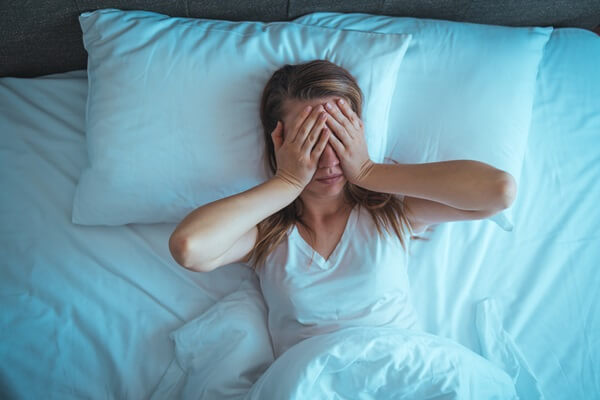
In modern life, most people use electronic devices such as smartphones, tablets, and computers which produce artificial light that can interfere with the body’s natural circadian rhythm and suppress the production of melatonin, a hormone that regulates sleep.
Moreover, people working irregular or night shifts can disrupt the body’s internal clock, leading to sleep disturbances and fatigue. Meanwhile,
Consumption of caffeine, nicotine, alcohol, and certain medications can affect sleep quality and disrupt the sleep-wake cycle. Similarly, Consuming caffeine, nicotine, alcohol, and certain medications on a regular basis can affect sleep quality and disrupt the sleep-wake cycle.
In addition, some medical or mental health conditions also can cause sleep disorders which may eventually go away once treatment is obtained for the underlying cause.
Exploring The Several Types Of Sleep Disorders
Insomnia
Insomnia is a sleep disorder that causes trouble falling and/or staying asleep. It is also referred to as the “sleep thief,” a common sleep disorder characterized by difficulty falling asleep, staying asleep, or both, despite having the opportunity for adequate sleep.
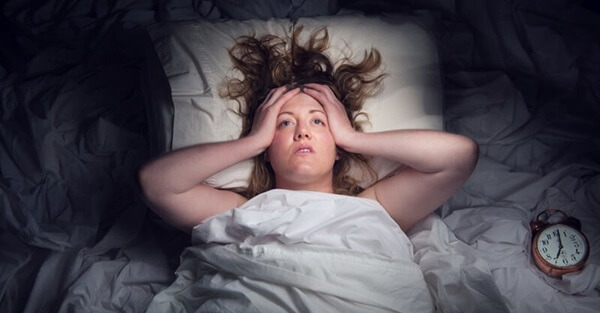
You may experience difficulty falling asleep, wake up frequently, or wake up too early and cannot fall asleep again if you have insomnia. Consumption of alcohol, nicotine, caffeine, and drug use can cause Insomnia. Similarly, other conditions like stress, anxiety, and other mental health conditions also can invite insomnia.
Sleep Apnea
Sleep apnea is a sleep disorder in which you may experience breathing stops and restarts many times while you sleep. It can stop your body from getting enough oxygen as its pauses can last from a few seconds to minutes and may occur multiple times throughout the night.
There are two main types of sleep apnea:
Obstructive Sleep Apnea (OSA): Obstructive Sleep Apnea may occur when your muscles in the throat relax excessively during sleep, leading to the collapse of the airway. This obstruction prevents airflow, resulting in pauses in breathing.
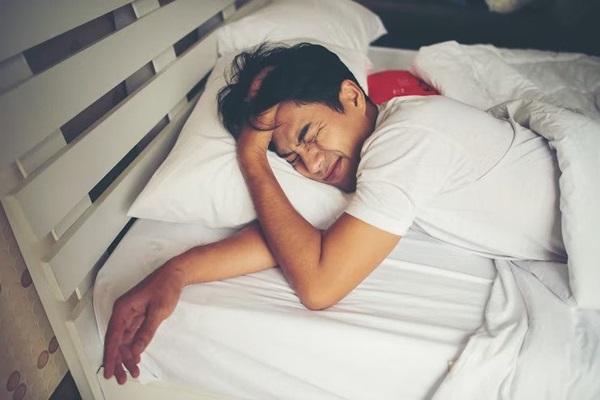
Central Sleep Apnea (CSA): Central Sleep Apnea might occur when your brain fails to send the appropriate signals to the muscles responsible for breathing. There is no physical obstruction in the airway like Obstructive Sleep Apnea.
Parasomnias
Parasomnias are a group of sleep disorders that are characterized by abnormal behaviors, movements, emotions, perceptions, or dreams that occur during sleep or sleep-wake transitions. Parasomnias can be ranged from mild to severe which may interfere with overall sleep quality and daytime functioning.
Here are some common types of parasomnias:
Sleepwalking (Somnambulism): Sleepwalking characterizes walking or performing other complex behaviors while still asleep. Having Sleepwalking may appear confused or disoriented and might not have any idea about the episode upon waking.
Night Terrors (Sleep Terrors): Night terrors are sudden and intense episodes of fear or terror that may occur during sleep. These are different from nightmares, which usually occur during REM sleep and are often remembered vividly. Night terrors, on the other hand, generally occur during non-REM sleep and are not recalled upon waking up.
Sleep Talking (Somniloquy): Sleep talking characterizes talking, mumbling, or making sounds during sleep. It can vary widely, from nonsensical utterances to coherent sentences.
Confusional Arousal: Confusional arousal features confused, disoriented, or agitated upon waking from sleep. People having Confusional arousal may experience slow thinking, poor memory, and impaired judgment during these episodes.
Restless Legs Syndrome (RLS)
Restless Legs Syndrome (RLS), also known as Willis-Ekbom Disease involves an uncontrollable urge to move the legs, usually accompanied by uncomfortable sensations. People with Restless Legs Syndrome may experience uncomfortable sensations in the legs, such as itching, tingling, burning, or aching.
Narcolepsy
Narcolepsy is a sleep disorder that involves excessive daytime sleepiness (EDS) and disturbances in the sleep-wake cycle. Individuals with Narcolepsy might experience sudden and uncontrollable episodes of falling asleep during the day, as well as other symptoms such as cataplexy, sleep paralysis, and hallucinations.
Common Causes Of Sleep Disorders
Sleep disorders can occur due to several factors such as lifestyle habits, underlying medical conditions, environmental factors, and psychological factors.
Here are some common causes of sleep disorders:
Stress and Anxiety: Stress and anxiety also cause Sleep disorders which interfere with the ability to fall asleep or stay asleep. Having so many racing thoughts and worries can keep the mind active, making it difficult to relax and initiate sleep.
Poor Sleep Hygiene: Having poor sleep hygiene, not following a proper sleeping routine, excessive screen time before bed, and an uncomfortable sleep environment can disrupt sleep patterns which can directly cause sleep disorders.
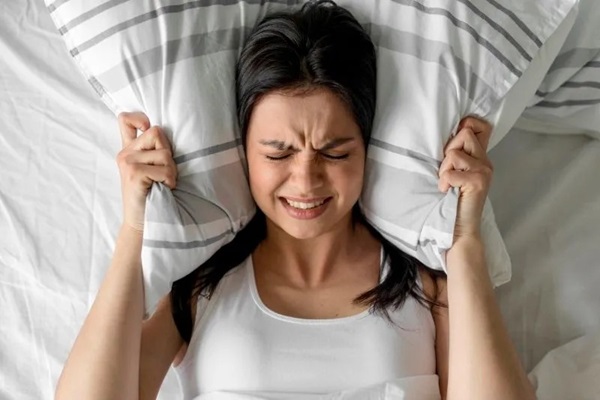
Substance Use: Consumption of Alcohol, caffeine, nicotine, and recreational drugs can disturb sleep patterns which ultimately contribute to sleep disorders.
Aging: As we age, changes in sleep architecture and reduced production of certain sleep-regulating hormones may result in more disrupted sleep, frequent awakenings, and an increased risk of sleep disorders such as insomnia and sleep apnea.
Psychological Factors: Mental health conditions like depression, bipolar disorder, PTSD, and GAD can affect sleep quality and contribute to sleep disorders.
Common Symptoms of Sleep Disorders
Sleep disorders’ specific symptoms can vary depending on the type and severity of the disorder. However, some common symptoms of sleep disorders include:
Excessive Daytime Sleepiness (EDS): You may feel persistently drowsy or fatigued during waking hours, despite how much sleep you get at night.
Difficulty Falling Asleep or Staying Asleep: Individuals might feel difficulty falling asleep or it takes more than 30 minutes to fall asleep regularly. Struggle to stay asleep through the night. Waking up usually in the middle of the night and not falling back asleep is also one of the symptoms of sleep disorders.
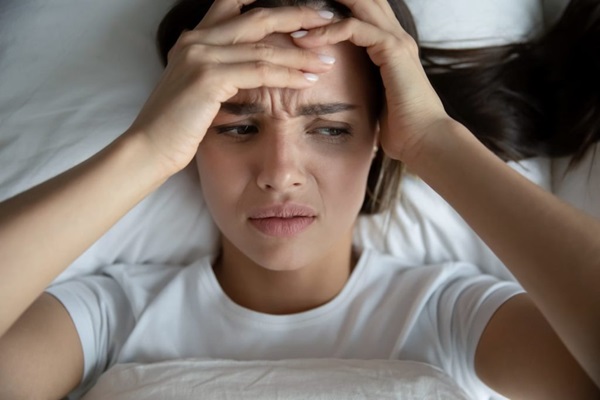
Sleep Paralysis: Upon waking up or falling asleep, individuals may experience a temporary inability to move or speak, accompanied by a sense of pressure on the chest and vivid hallucinations. This condition is known as narcolepsy or isolated sleep paralysis.
Daytime Impairments: Individuals might feel challenging concentration, memory problems, irritability, mood disturbances, and decreased performance at work or school.
Abnormal Behaviors During Sleep: Individuals may show unusual behaviors or movements during sleep, such as sleepwalking, talking, or acting out dreams (parasomnias).
Treatment of Sleep Disorders
Treatment for sleep disorders varies based on the specific type of disorder, underlying causes, age, overall health, and lifestyle. Below are common treatment approaches for different sleep disorders:
Cognitive-behavioral therapy (CBT) for Insomnia: Cognitive-behavioral therapy is designed to help individuals identify and change negative thoughts and behaviors that contribute to sleep difficulties. Relaxation training, sleep restriction therapy, stimulus control, and cognitive therapy are included in this technique.
Continuous Positive Airway Pressure (CPAP) Therapy for Sleep Apnea: Continuous Positive Airway Pressure Therapy is the primary treatment for obstructive sleep apnea which involves wearing a mask connected to a machine that delivers pressurized air to keep the airway open during sleep.
CPAP therapy helps to avoid pauses in breathing and alleviate symptoms such as snoring, daytime sleepiness, and fatigue.
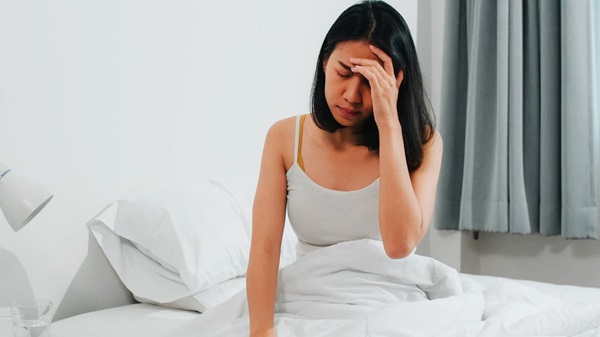
Medications: Medications may be prescribed to alleviate symptoms of certain sleep disorders like insomnia, restless legs syndrome (RLS), and narcolepsy.
Lifestyle Modifications: Following healthy sleep habits and lifestyle can help to improve sleep quality and overall well-being. Doing regular exercise, following a proper sleep schedule, creating a comfortable sleep environment, and avoiding caffeine and alcohol before bedtime, are some of the activities you can follow to avoid sleep disorders.
Alternative Therapies: Alternative therapies like acupuncture, yoga, mindfulness meditation, and relaxation techniques also help to find relief from sleep disorders.
Frequently Asked Question
What are the most common types of sleep disorders?
The most common types of sleep disorders include insomnia, sleep apnea, restless legs syndrome (RLS), narcolepsy, and parasomnias such as sleepwalking and night terrors.
What causes sleep disorders?
Sleep disorders can be caused by a variety of factors, including stress, anxiety, depression, medications, caffeine, irregular sleep schedules, genetics, underlying medical conditions, and environmental factors.
You may also like to read: Unlocking the Power of Power Naps: How Short Rest Periods Can Boost Productivity
